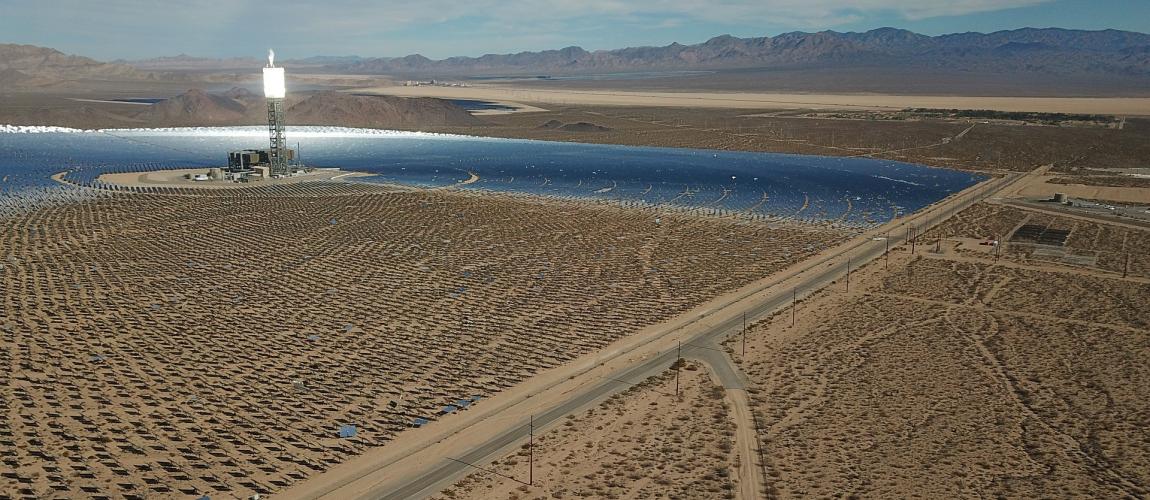Environmental Standards and Engineering Standards

Photo Credit: Image by Samuel Faber from Pixabay
International and local standards (in relation to engineering and operations) must not be forgotten when implementing an infrastructure project as they will affect the parameters of the project and provide guidelines for construction, operation and maintenance of a project. There will also be health and safety provisions and environmental standards.
Some but not all of these are likely to be enshrined in law. A government will want to consider whether these should be enshrined in law and whether breach should lead to civil or criminal liability and what should be the consequences of breach.
An operator will also need to ensure that they understand the standards and the consequences of breach of these standards, particularly as these might include criminal liability with fines and imprisonment.
A duty to operate in accordance with "good industry standards", for example in the toll road industry, means: While these "standards" are usually industry standards and are specified in the clauses of the project agreement, standards can derive from investment treaties, international custom and international conventions that set minimum levels for more humane issues such as workplace conditions, child labor age, and environmental protection. They may also be enshrined in the host country's law. Standards may have been based on international practice rather than crafted to the local conditions or needs and so thought should be given to what standards are appropriate to the context and whether flexibility can be introduced, particularly in creating innovative solutions for poorer customers. Infrastructure projects are likely to have an impact on the surrounding environment, whether noise, air pollution, pollution of aquifers, deforestation, etc. There are likely to be environmental standards incorporated into the law or regulation of the host country - for more on this go to Land/ Environmental Issues. There may also be national and/or international standards that the awarding authority may deem it prudent to require the operator to comply with - for instance in the area of water and sanitation, WTO potable water and effluent standards. These can be included as part of the operator's obligations in the contract. Where existing assets are to be managed or operated by the new operator, attention will need to be given to the level of performance and standards being met prior to the contract - it may be inpractical to expect the operator to meet a set of standards from commencement of the contract which have not been achieved prior to contract. Thought will need to be given as to the standards that are appropriate in the context, at least for an initial period of the contract.Engineering Standards
Environmental Standards
Updated: December 15, 2022